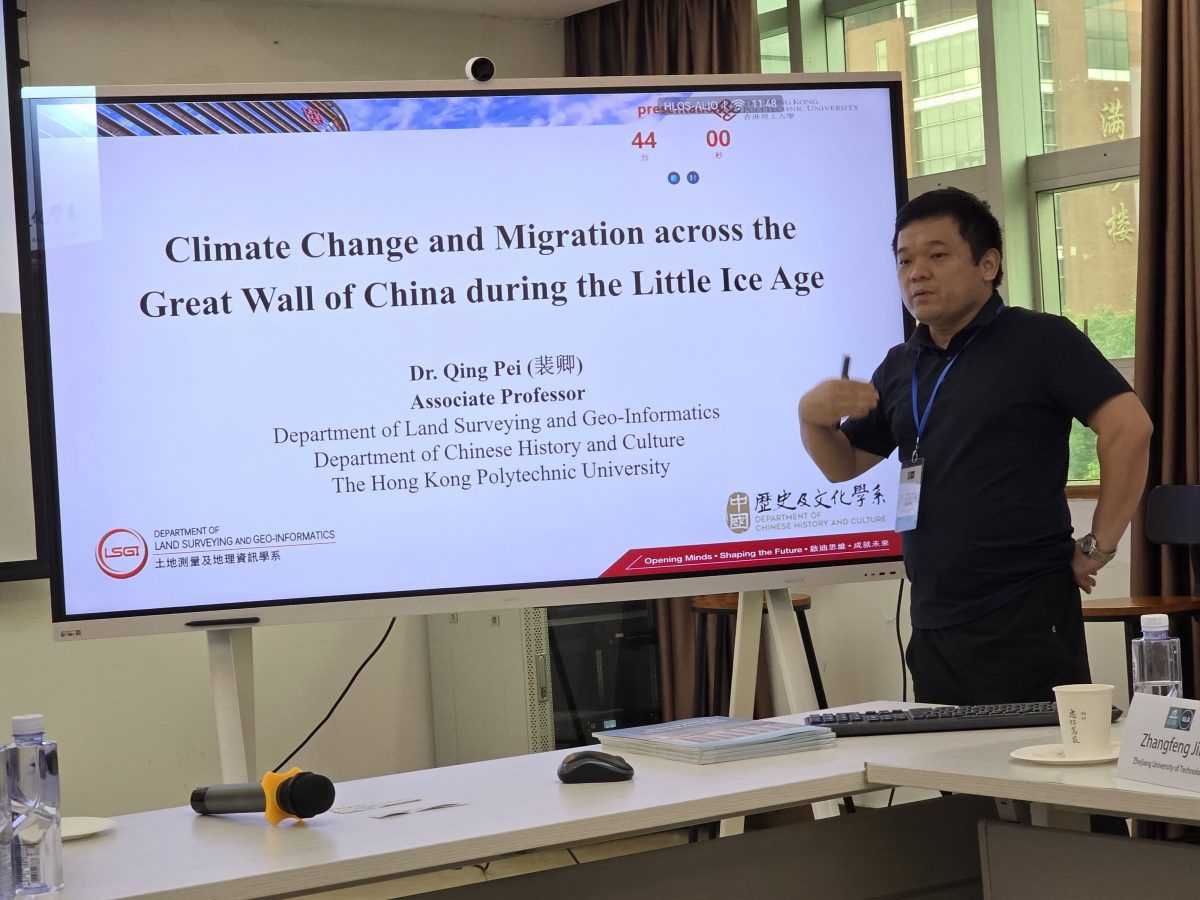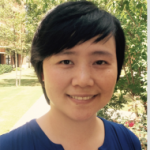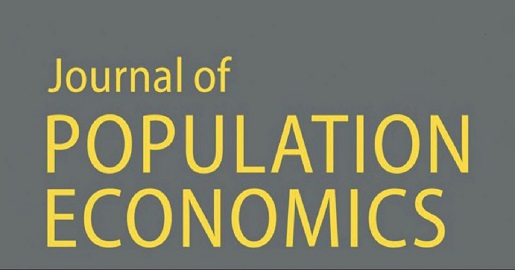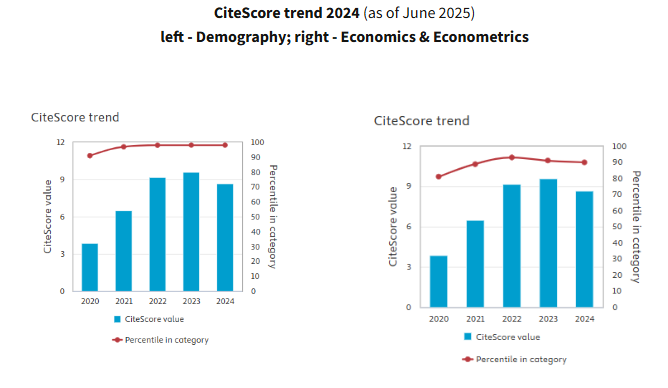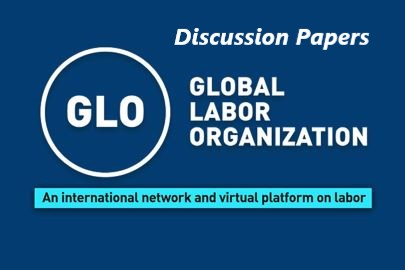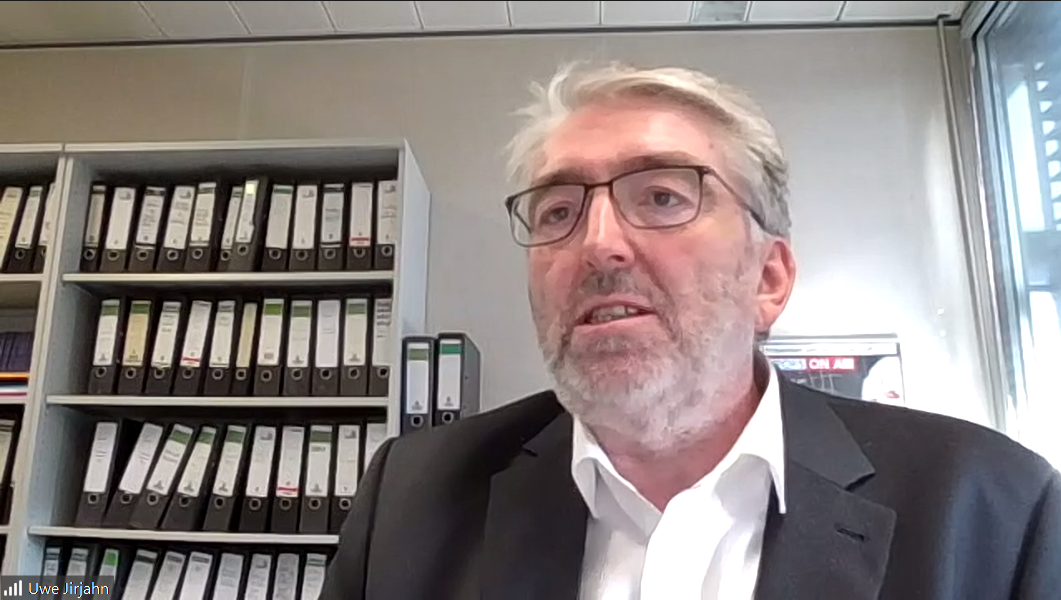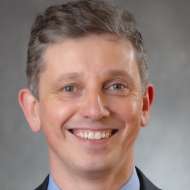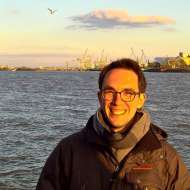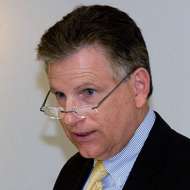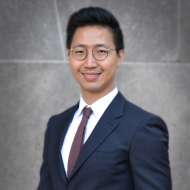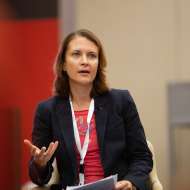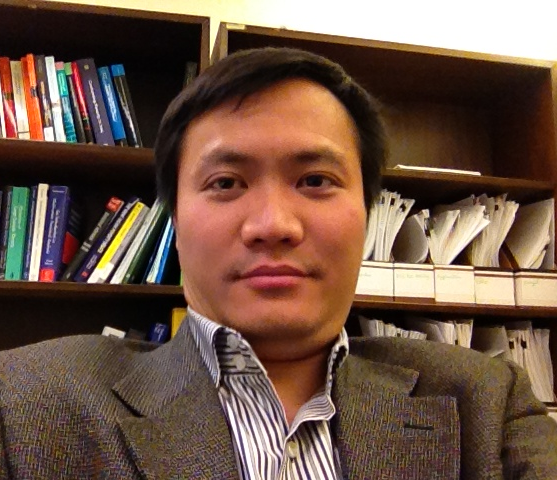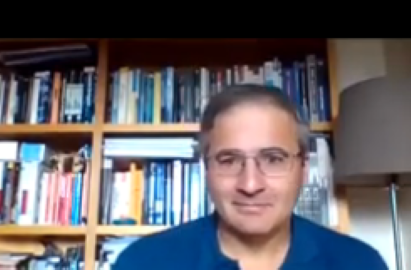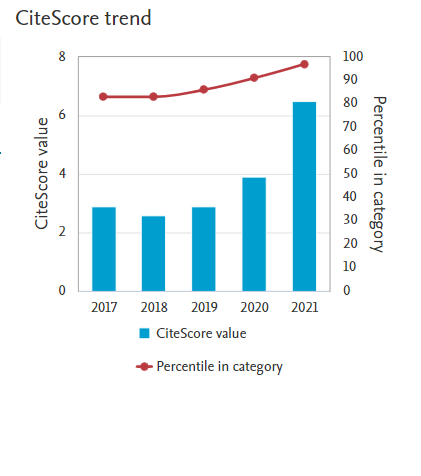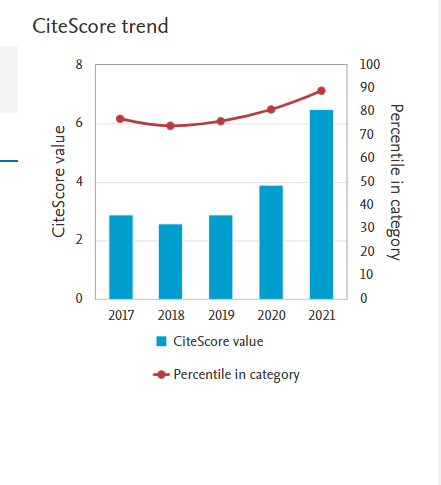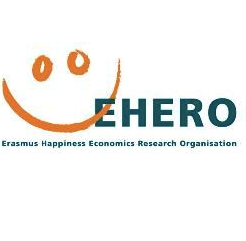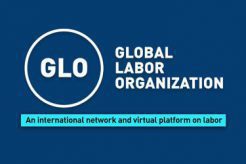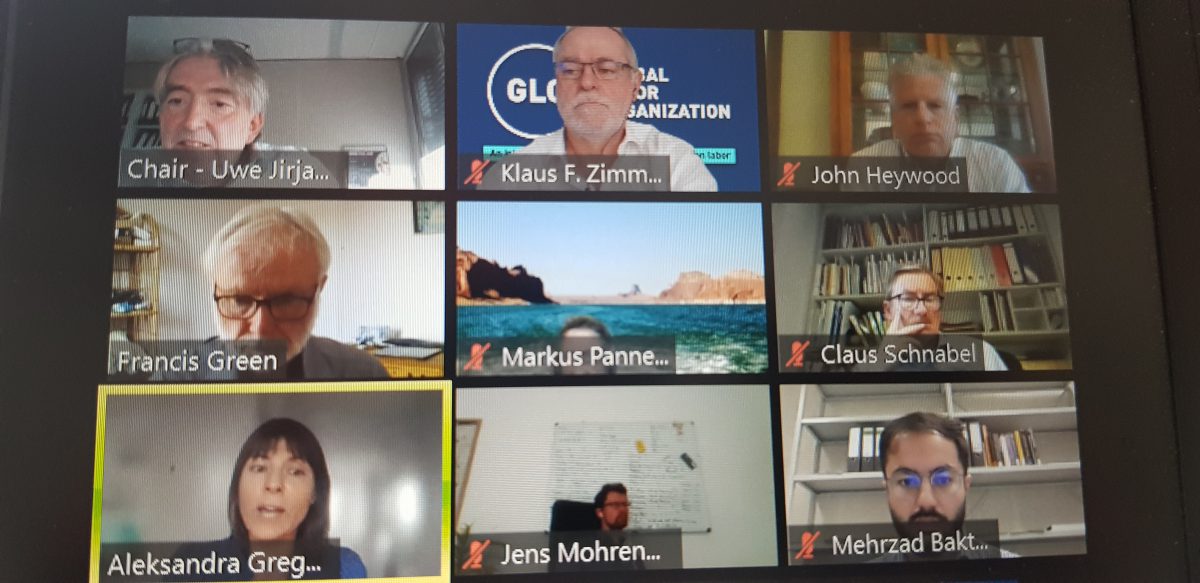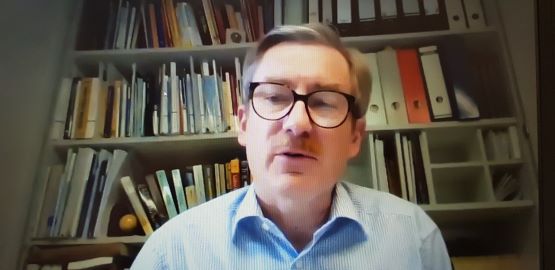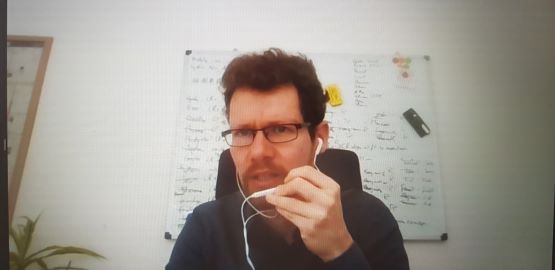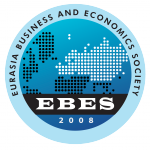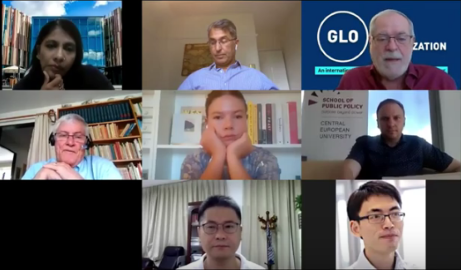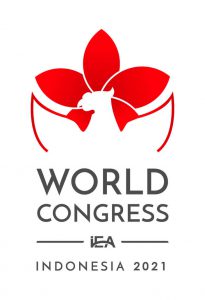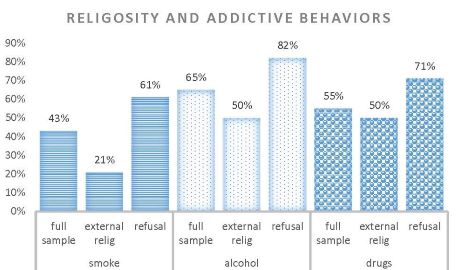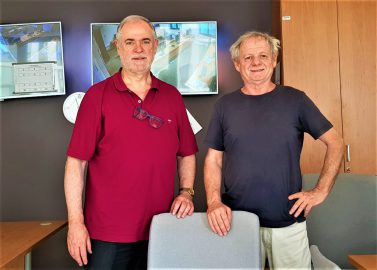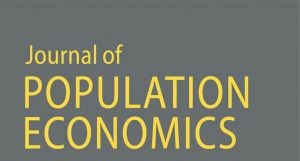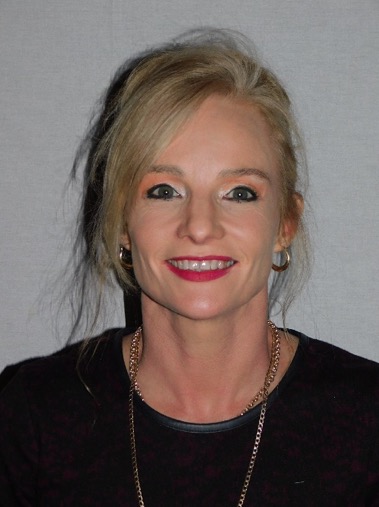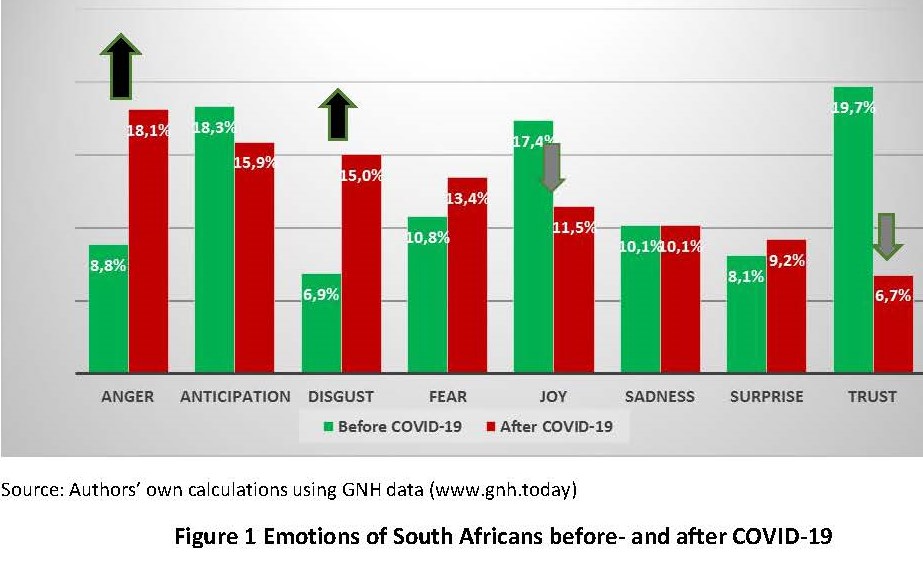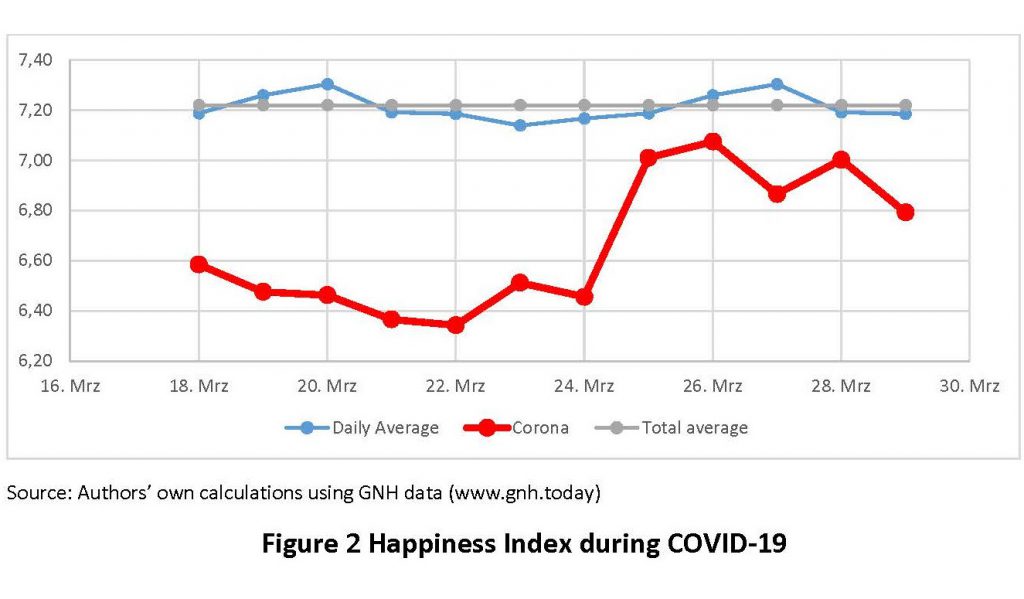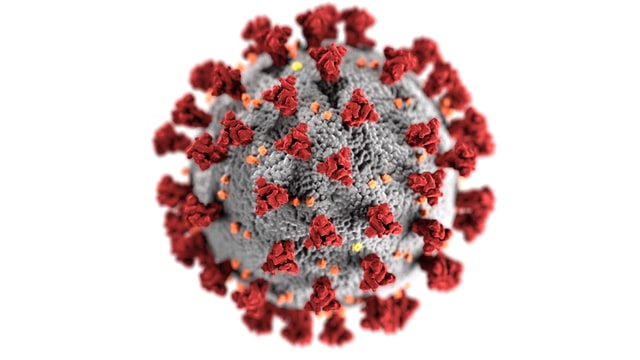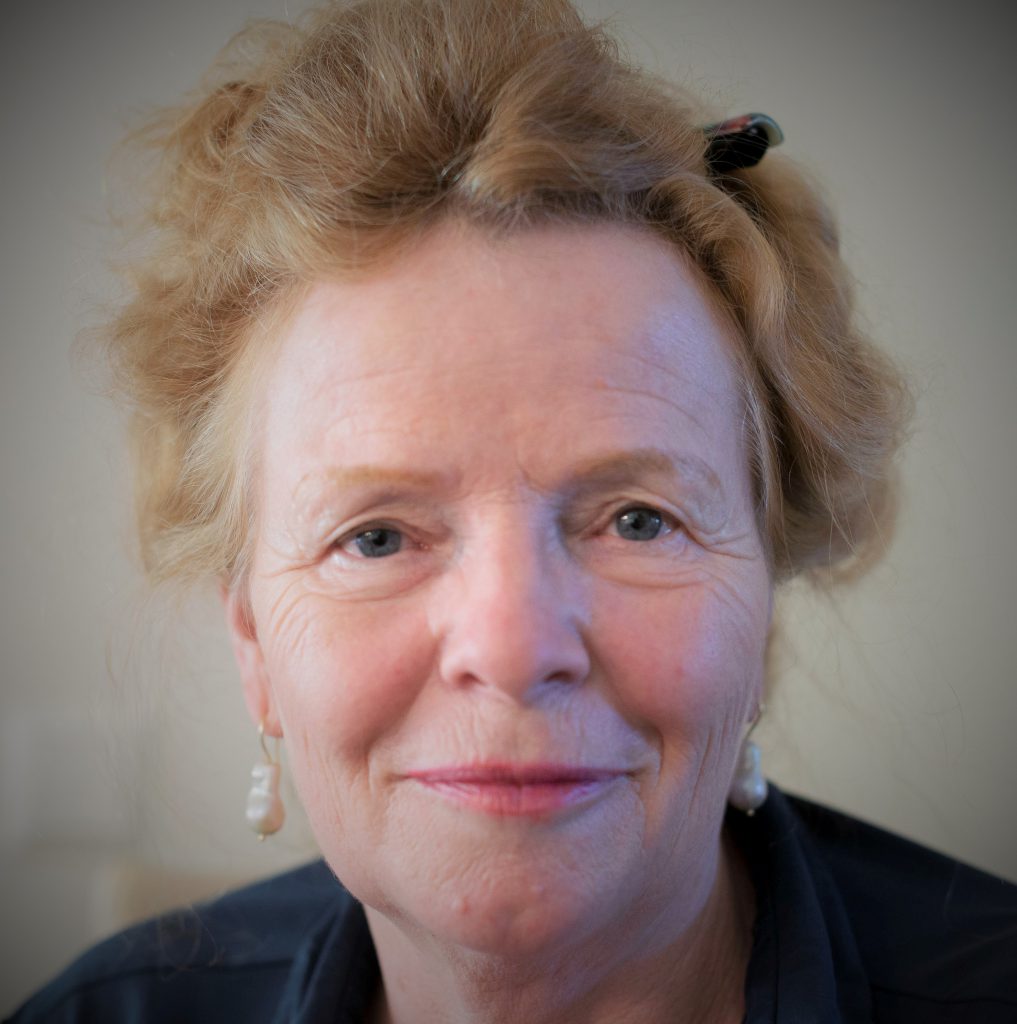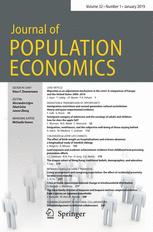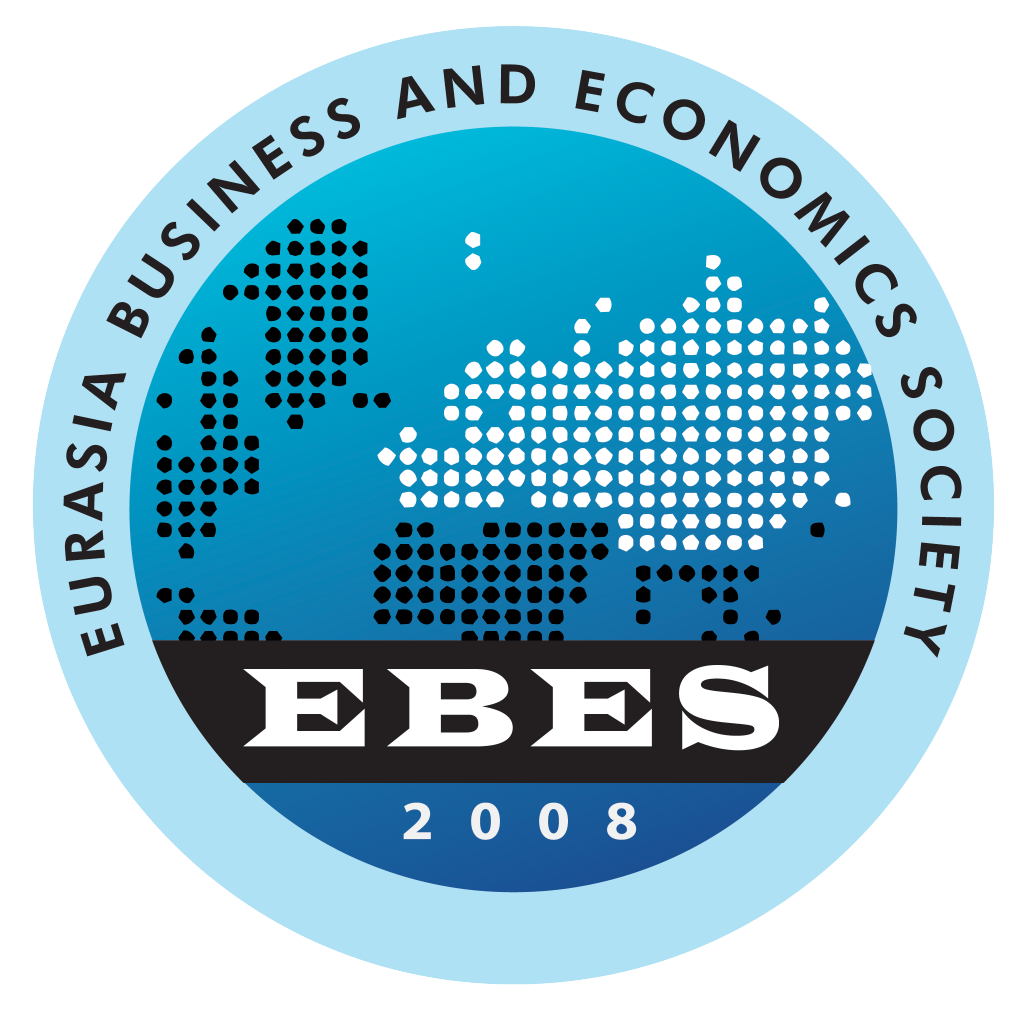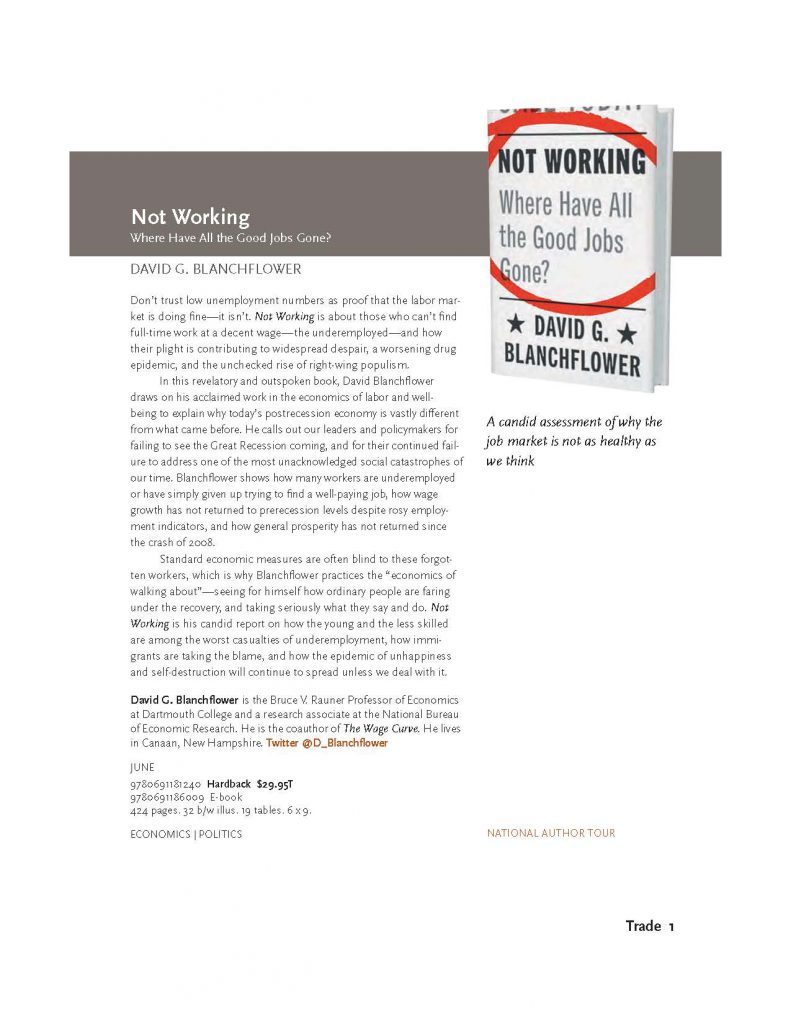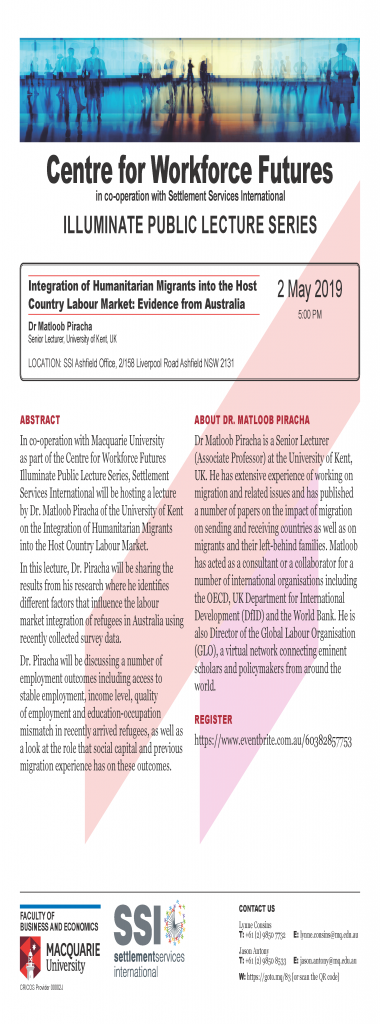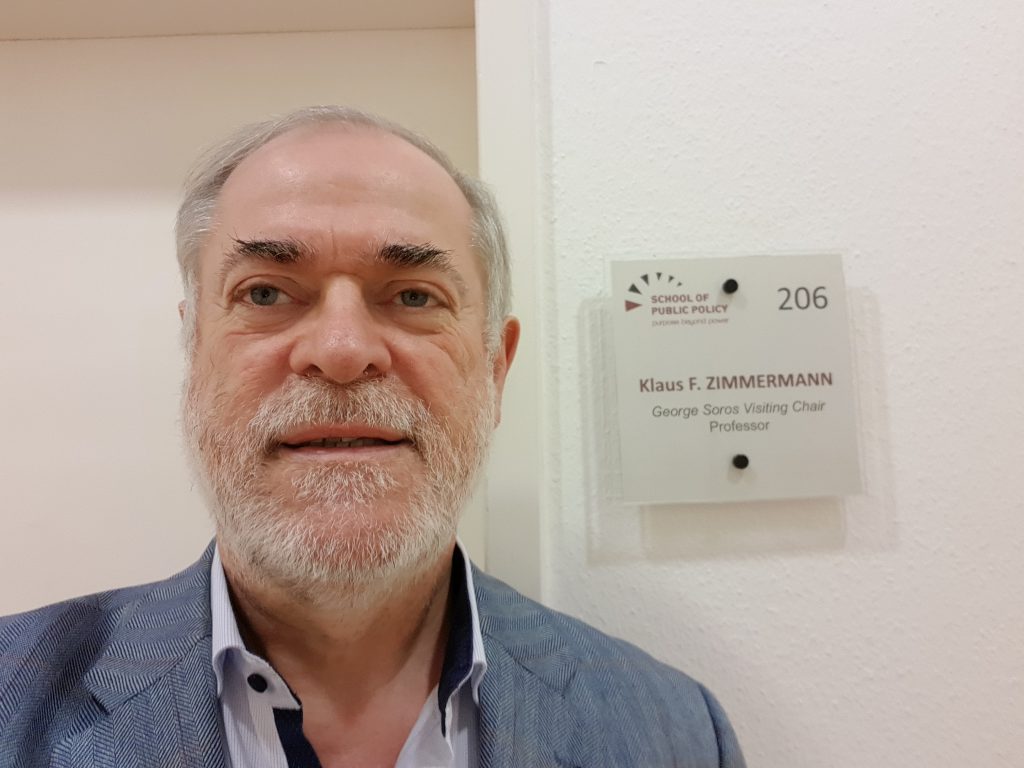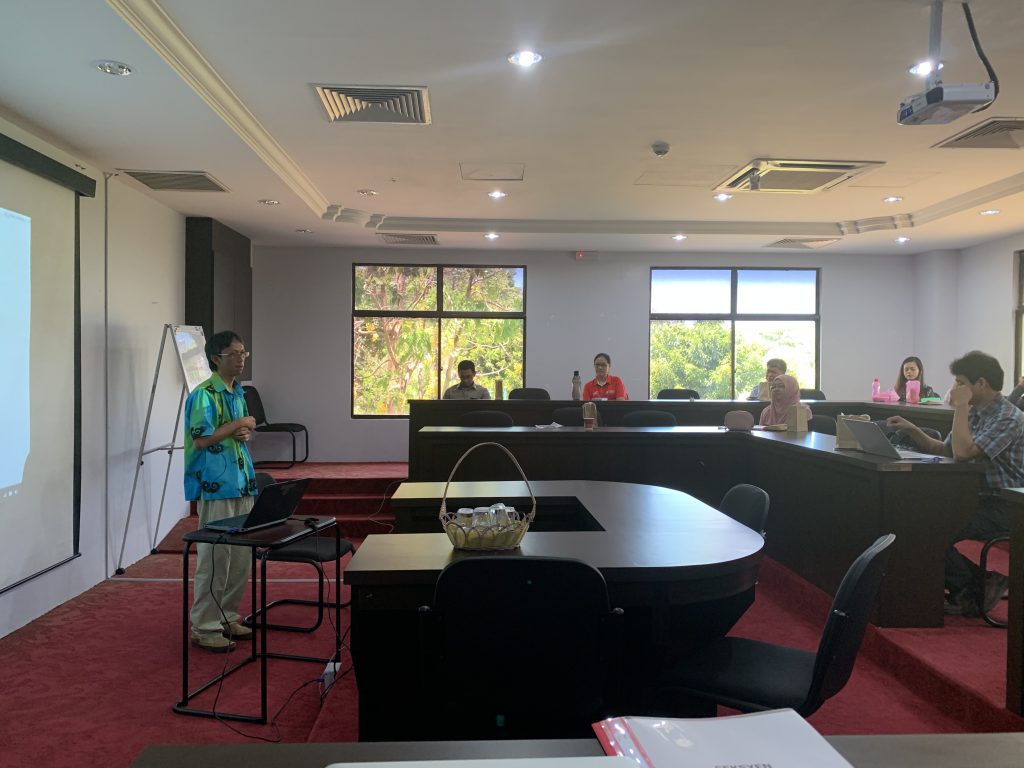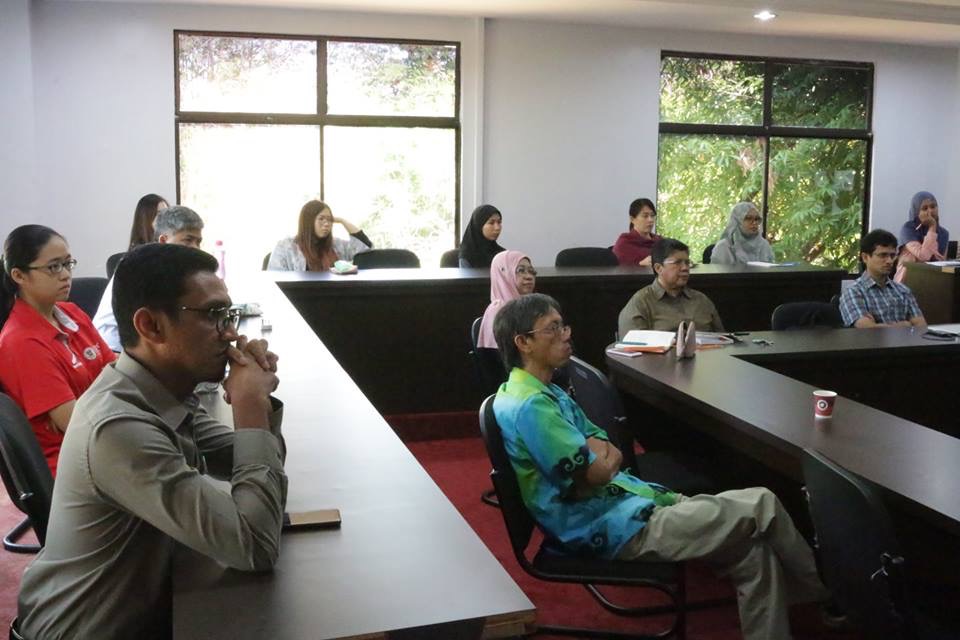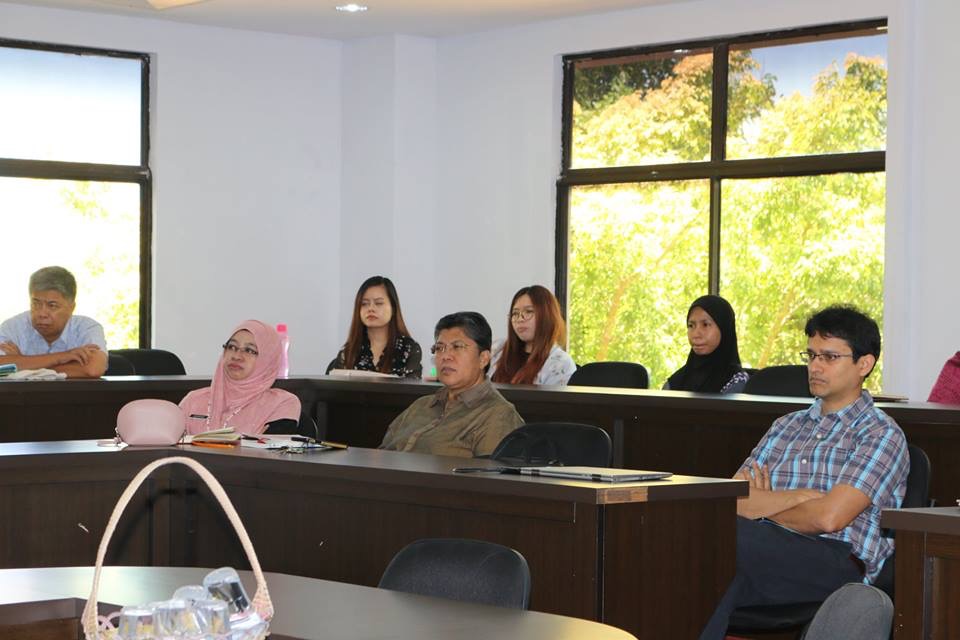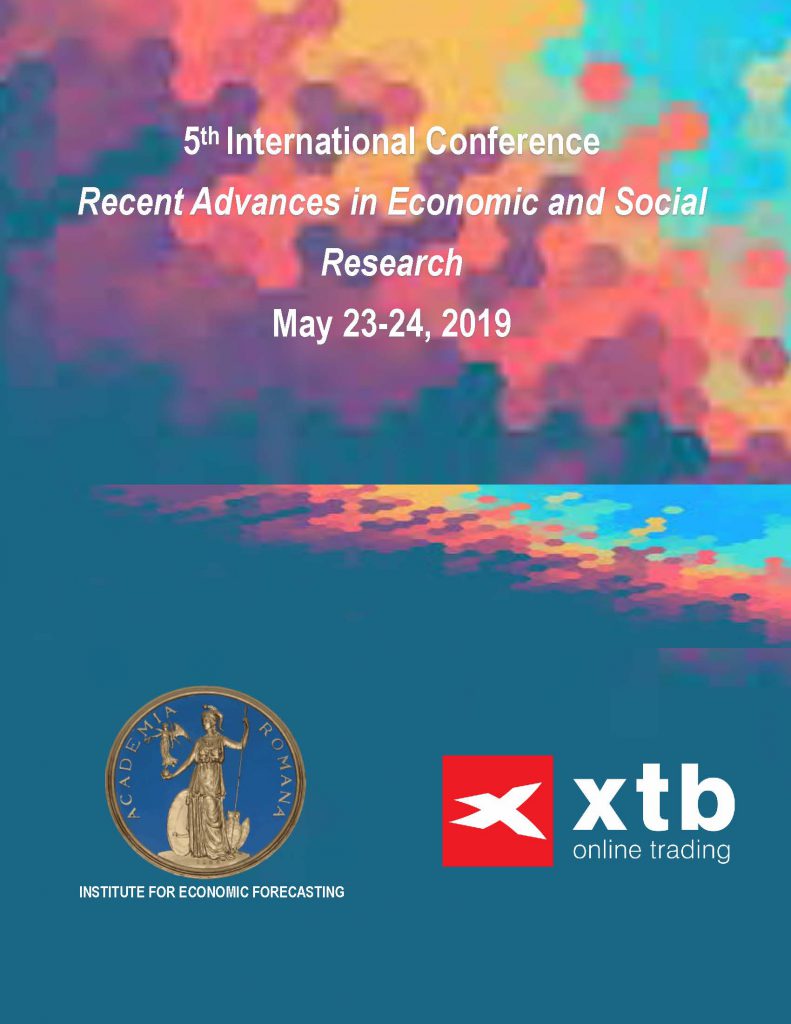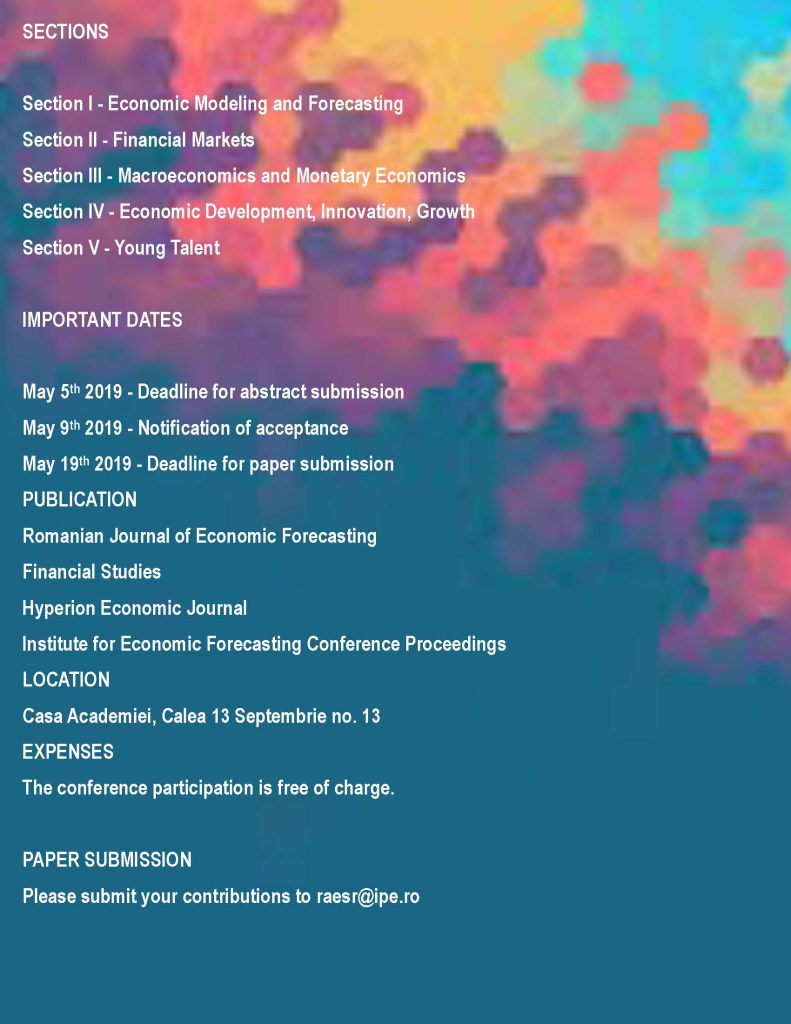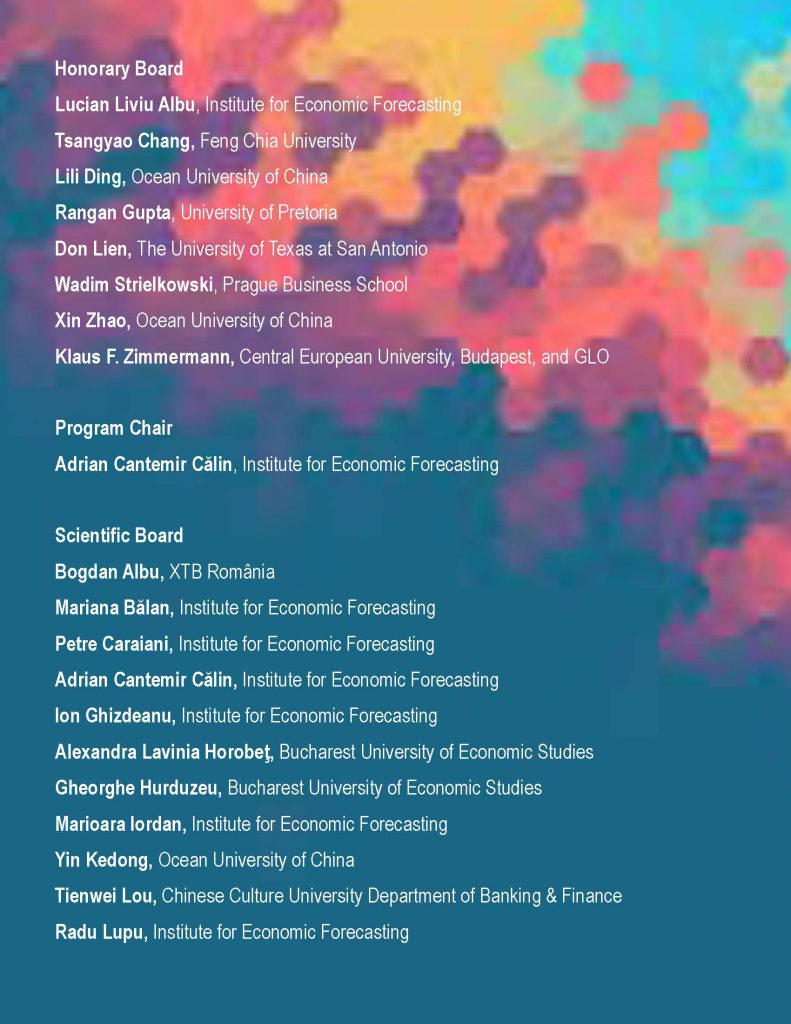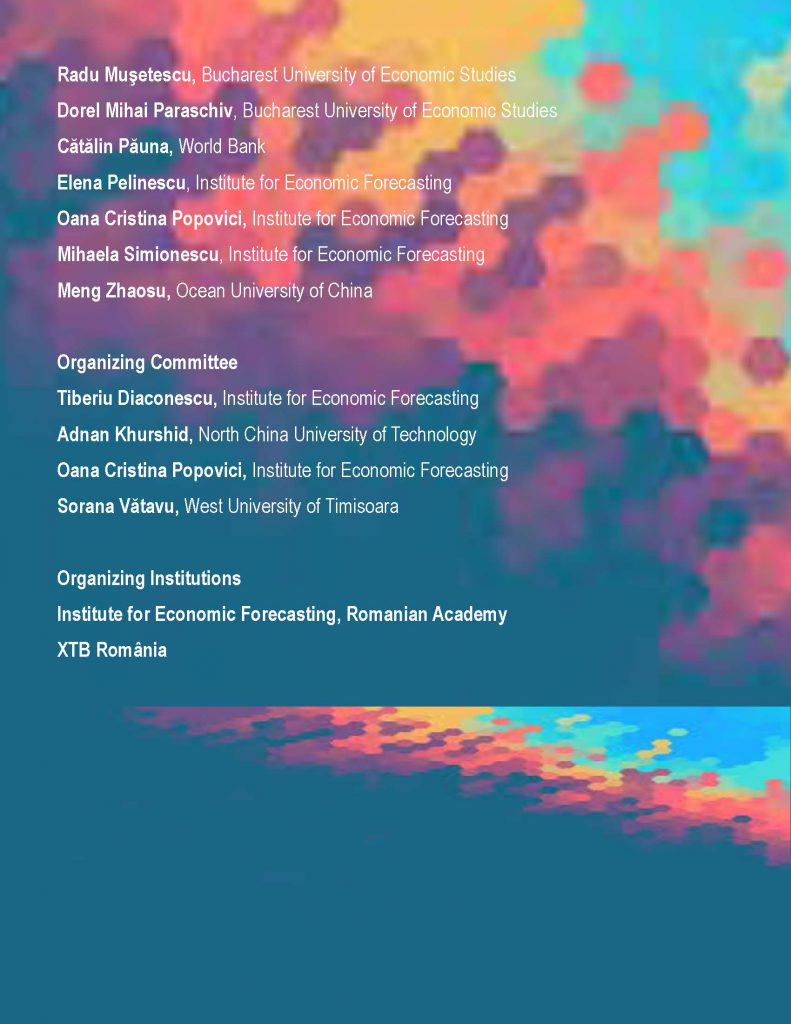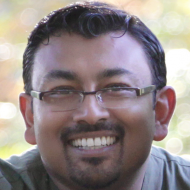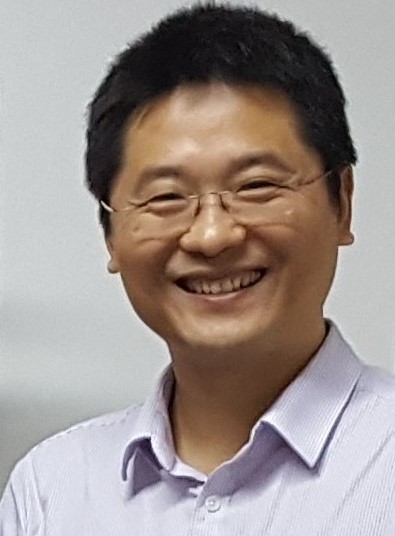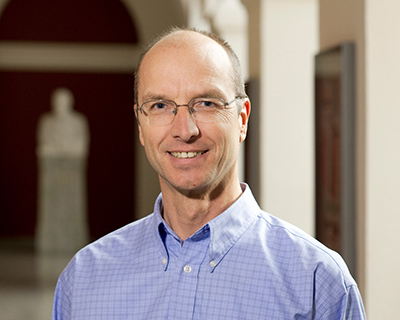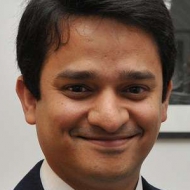After participating in the EBES 53 conference in Istanbul, GLO President Klaus F. Zimmermann traveled to Guangzhou, China, from July 5-11, 2025. As a Honorary Professor of IESR, Jinan University, he met with a larger number of researchers for academic exchange and research and co-organized a workshop event. IESR is a GLO partner institution and hosts an annual joint research workshop. The topic this year was “Fertility decline and family policies”, a topic where the Journal of Population Economics seeks high-quality submissions.
The intensive week started on July 7 with participating in a public lecture of Nobel Prize Laureate Joshua D. Angrist of MIT on “Intentions are Good but Instrumental Variables is Better: Rescuing Real-World Randomized Trials”. What an impressive and insightful talk!
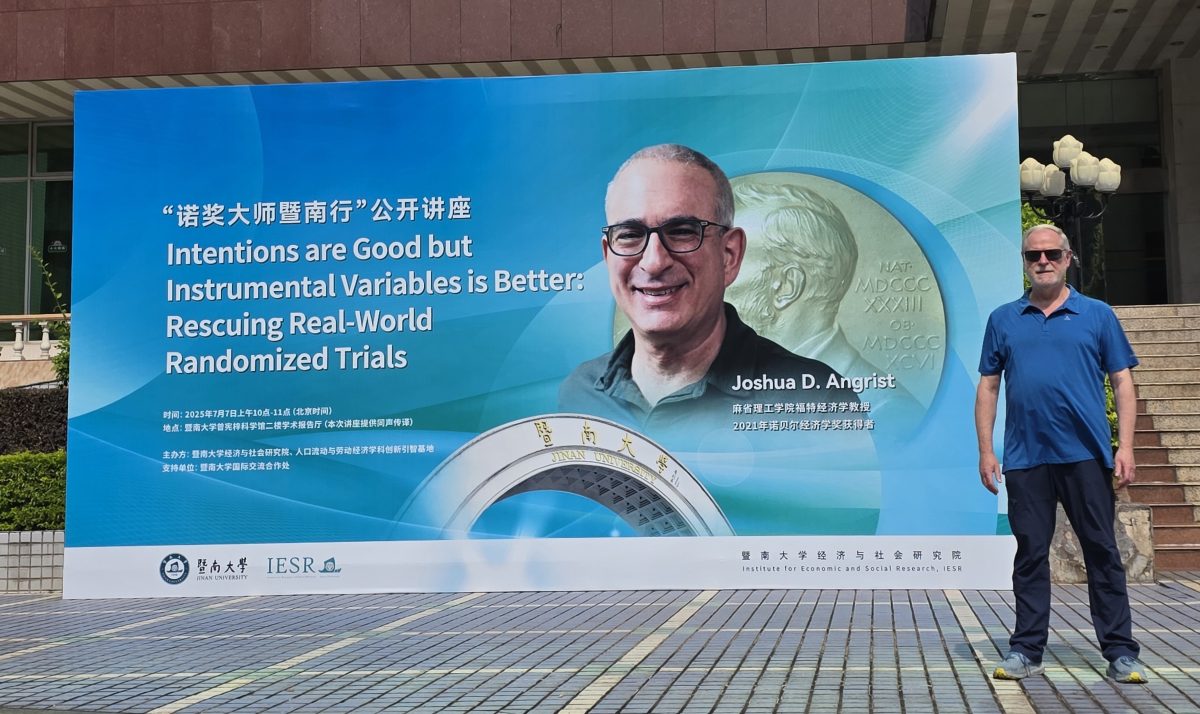
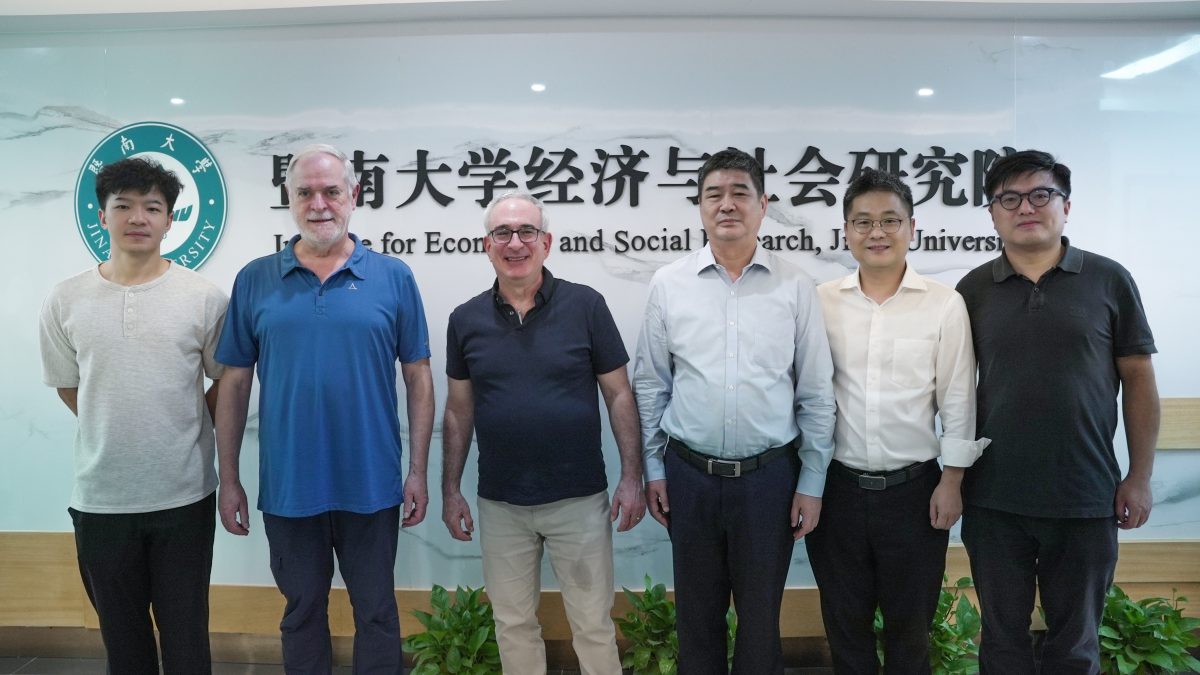
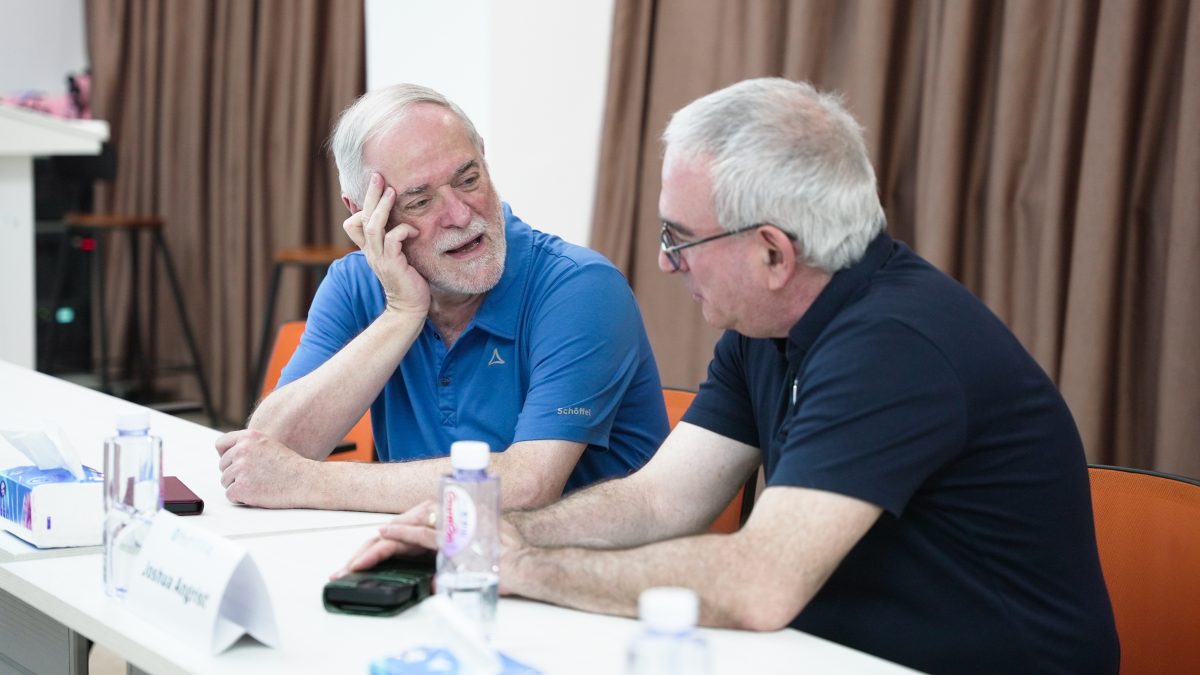
Picture left (center): Klaus F. Zimmermann, Josh Angrist, Jinan University Rector Feng Xing, IESR Dean Shuaizhang Feng.
Picture right: Klaus F. Zimmermann, Josh Angrist
On July 8, Zimmermann gave a lecture to IESR junior faculty and students on “Publishing in International Research Journals” and interacted with IESR senior faculty including IESR Dean Shuaizhang Feng. On July 9 and 10 followed meetings with GLO Fellows Shu Cai, Qing Pei and Max Tani.
The 8th IESR-GLO joint workshop on “Fertility decline and family policies” took place on July 10-11, 2025, in Jinan University, Guangzhou, China. It was organized in co-operation with the Journal of Population Economics and collected a selection of great research papers on the topic.
Final Program

Day 1, July 10
12:00-13:30 PM Lunch
13:30-13:45 PM Welcome
Journal of Population Economics (JOPE) & IESR-GLO Collaboration
Shuaizhang Feng, Jinan University and GLO, JOPE Editor
Klaus F. Zimmermann, UNU-MERIT and GLO, JOPE Editor-in-Chief
Session I
Chair: Shuaizhang Feng
13:45-14:30 PM
Title: The Economics of Fertility Decline
Author(s): Klaus F. Zimmermann (Free University Berlin & GLO)
14:30-15:15 PM
Title: Migration Reform and Fertility: Causal Evidence from Rural China
Author(s): Zhangfeng Jin (Zhejiang University of Technology & GLO)
Wenchao Jin
15:15-15:45 Group Photo & Break
15:45-16:30 PM
Title: Catholic Missionary Presence and Fertility in India
Author(s): Shampa Bhattacharjee (Shiv Nadar Institution of Eminence & GLO)
Roopal Jain & Priyoma Mustafi
16:30-17:15 PM
Title: Automation and Fertility Transitions in China
Author(s): Yue Wang (Peking University and GLO)
Chen Kang (Tongji University) & Xiaobing Wang (Peking University)
17:30-19:30 PM Dinner
Day 2, July 11
Session II
Chair: Klaus F. Zimmermann
9:00-9:45 AM
Title: Background Risk and Fertility
Author(s): Massimiliano Tani Bertuol (School of Business, UNSW & GLO)
9:45-10:30 AM
Title: Sex Ratio, Commitment and Power Distribution Within the Household: An Empirical Investigation of China’s One Child Policy
Author(s): Xiao Liu (Capital University of Economics and Business)
Pierre-André Chiappori (Columbia University) & Yaohui Zhao (Wuhan University & Peking University)
10:30-11:00 AM Break
11:00-11:45 AM
Title: Family Planning Policy and Intimate Partner Violence
Author(s): Rufei Guo (Wuhan University and GLO)
Jiawei Sheng (Wuhan University), Ying Wang (Wuhan University) & Jingyuan Yang (Hong Kong Baptist University)
11:45-12:30 PM
Title: Climate Change and Migration across the Great Wall of China during the Little Ice Age
Author(s): Qing Pei (Hong Kong Polytechnic University & GLO)
12:30-14:00 PM Lunch
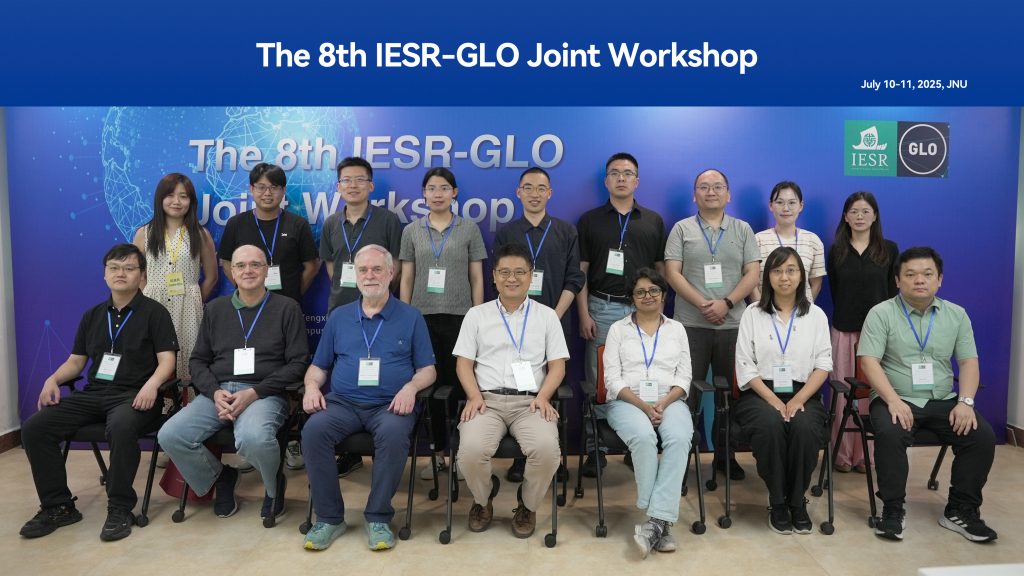
RELATED:
– Seventh Renmin University & GLO Annual Conference 2024 on Low Fertility & Population Aging. In collaboration with the Journal of Population Economics. LINK
– Hart, R.K., Bergsvik, J., Fauske, A., Kim, W. (2024). Causal Analysis of Policy Effects on Fertility. In: Zimmermann, K.F. (ed.) Handbook of Labor, Human Resources and Population Economics. Springer, Cham.
https:/doi.org/10.1007/978-3-319-57365-6_451-1
– CALL FOR PAPERS: Collection Understanding Fertility Decline of the Journal of Population Economics. Details. See more related papers there.
– Costanzo, C. Robots, jobs, and optimal fertility timing. Journal of Population Economics 38, 51 (2025). https://doi.org/10.1007/s00148-025-01105-3. Free to read: https://rdcu.be/eubHU
– Huang, W., Wang, Y., Wu, H. et al. The motherhood penalty and low fertility in China: a pseudo-event study. Journal of Population Economics 38, 28 (2025). https://doi.org/10.1007/s00148-025-01078-3. Free to read: https://rdcu.be/eubJs
– Li, H., Shi, X. The effect of the one-child policy on fertility in China: identification based on difference-in-differences. Journal of Population Economics 38, 2 (2025). https://doi.org/10.1007/s00148-025-01061-y. Free to read: https://rdcu.be/eubJ4
– Luo, W., Zou, X. Demographic impacts of China’s trade liberalization: marriage, spousal quality, and fertility. Journal of Population Economics 37, 63 (2024). https://doi.org/10.1007/s00148-024-01040-9. Free to read. https://rdcu.be/eubKD
– Victoria Vernon and Klaus F. Zimmermann (2021), “Walls and Fences: A Journey Through History and Economics”, in: Kourtit, K., Newbold, B., Nijkamp, P. and Partridge, M., The Economic Geography of Cross-Border Migration, Springer, Heidelberg et al., pp. 33-54; GLO Discussion Paper No. 33o, 2019. Pre-publication version. Published. More info on book.
